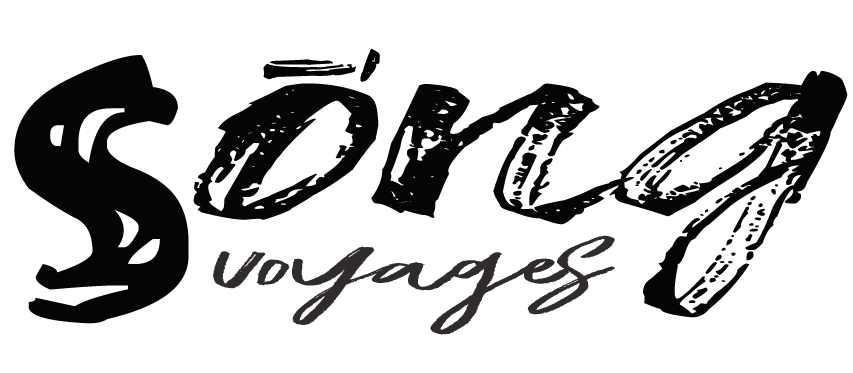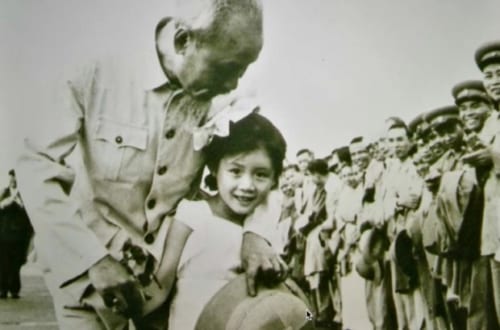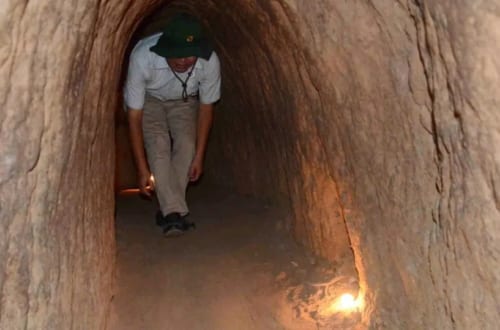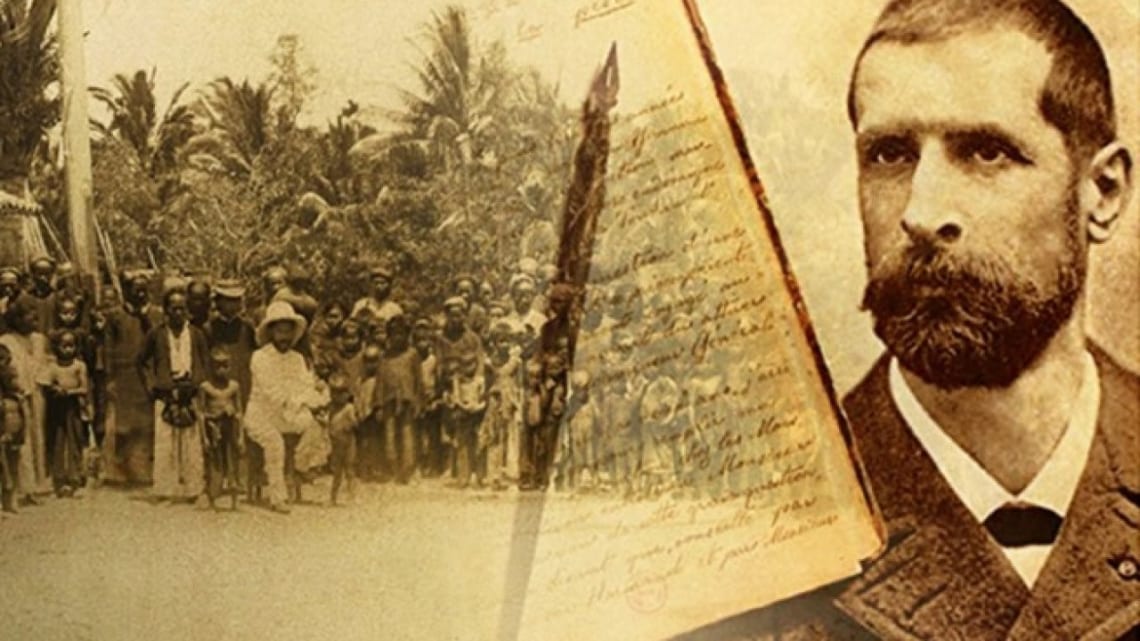
ALexandre Yersin, french explorer and scientist
Table of contents
For most people, Alexandre Yersin, French scientist, remains the one who developed the first anti-plague serum. For the Vietnamese, he is above all the one who worked tirelessly in the service of the poorest in the land of the yokes. From the white-tiled rooms of the Institut Pasteur to the moist languor of the jungles of Indochina, both a solitary traveler and a researcher of genius, he has always shunned honours, devoting his life and his energy to saving those of others. Focus on a destiny like a novel.
An exceptional profile
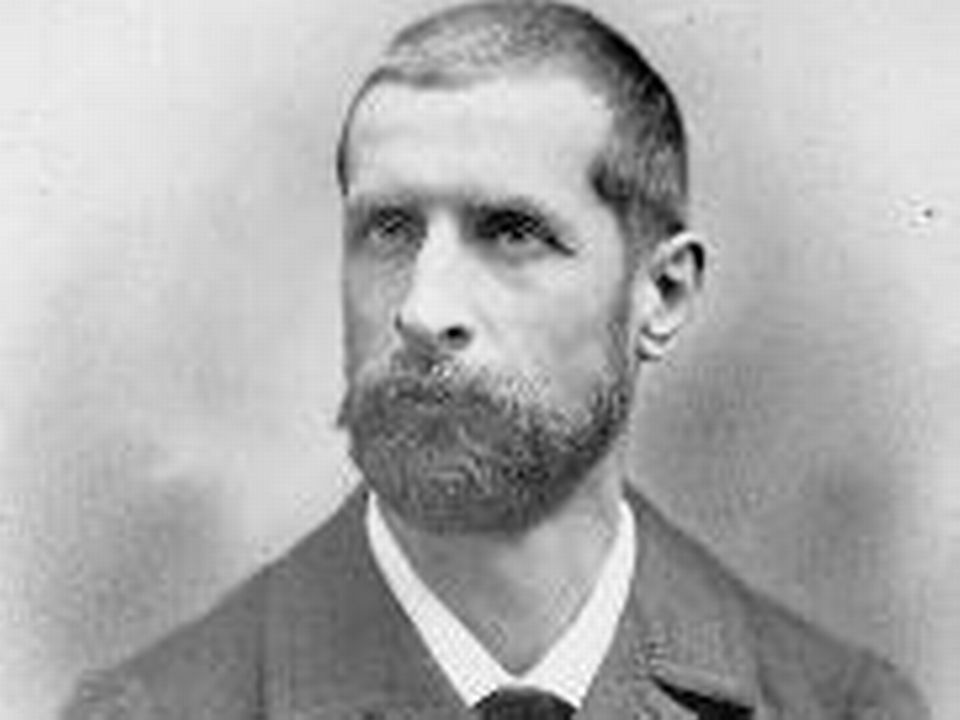 Born in French-speaking Switzerland, Alexandre Yersin studied medicine in Lausanne. Then moved to Marbourg (in Germany) before joining the Institut Pasteur in 1885, at the age of 22, under the aegis of Émile Roux for whom he was a medical assistant. In 1889, for the 100th anniversary of the storming of the Bastille, he defended a thesis on tuberculosis in the same establishment while working on diphtheria. He will contribute to the development of a serum against rabies. Which will also be used to save his own life after having cut himself during the dissection of the corpse of a patient who died of rabies. He worked for 2 years in the very young Institut Pasteur (inaugurated in 1888). Then embarked in 1890 for Yunnan, China.
Born in French-speaking Switzerland, Alexandre Yersin studied medicine in Lausanne. Then moved to Marbourg (in Germany) before joining the Institut Pasteur in 1885, at the age of 22, under the aegis of Émile Roux for whom he was a medical assistant. In 1889, for the 100th anniversary of the storming of the Bastille, he defended a thesis on tuberculosis in the same establishment while working on diphtheria. He will contribute to the development of a serum against rabies. Which will also be used to save his own life after having cut himself during the dissection of the corpse of a patient who died of rabies. He worked for 2 years in the very young Institut Pasteur (inaugurated in 1888). Then embarked in 1890 for Yunnan, China.
After that, he explored the coast and the hinterland of Annam before being commissioned in 1894 by the French government to deal with the plague epidemic ravaging Yunnan. Despite competition from the Japanese team (a little messy, it must be said), he discovers the responsible agent, helped by … his lack of access to the latest equipment, such as incubators. As the primary purpose of the latter is to heat, the bacillus – which tends to like the cold – would die. Except in Yunnan, where there were no incubators… And for good reason, Yersin had to build his own rudimentary bamboo laboratory (!), with experimental instruments, microscopes, but no incubators.
Alexandre Yersin: Intuition and genius
His brilliant intuition and his remarkable abilities did the rest. He co- discovered what was called (in 1967) Yersinia pestis in his honor. In the process, he will take the opportunity to establish the link between the plague and rats. A small revolution for this time with rather precarious health care. It thus puts an end to what has been the terror of the West for centuries. He was then just 30 years old. Then, he will carry out, until the end of his life, many scientific experiments, in very varied fields. He will also publish more than 50 technical works. An idealist, he said of medical practice:
“I take great pleasure in treating those who come to me for advice, but I would not want to make a profession of medicine, that is to say that I could never ask a patient to pay me for treatment that I could have given him. I consider medicine as a priesthood, as well as the pastorate” .
What could have been the beginning of a prestigious career, crowned with honors, will instead take place in the service of the local populations of Vietnam.
A life like a play
Explore new landsHe left the test tubes in the rue Ulm laboratory to, he said, “explore new lands”. Although he had practiced medicine only a little up to then, he joined the Messageries Maritimes company as a doctor on the Saigon – Manila and Saigon – Hai Phong lines . Arrived in Saigon, he meets Calmette who convinces him to join the health service of the colonial troops, just created.
Alexandre Yersin: A french doctor in colonial times
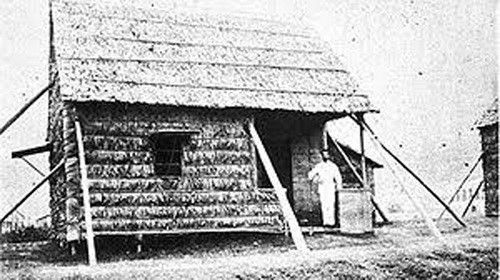 He took the opportunity to explore a little-known region of Annam, located between the eastern coast and the Mekong. He is the first European to explore and map the central highlands of Vietnam. In 1895, he ended up settling in a small fishing village called Nha Trang . Not far from there, in the hamlet of Xom Con and in a straw hut, he set up a bacteriology laboratory. Which would later become the first Pasteur Institute in Indochina, the starting point for a network of research laboratories.
He took the opportunity to explore a little-known region of Annam, located between the eastern coast and the Mekong. He is the first European to explore and map the central highlands of Vietnam. In 1895, he ended up settling in a small fishing village called Nha Trang . Not far from there, in the hamlet of Xom Con and in a straw hut, he set up a bacteriology laboratory. Which would later become the first Pasteur Institute in Indochina, the starting point for a network of research laboratories.
He discovers the plateau of Lang Biang on which will be built a few years later the health resort of Da Lat and its sanatoriums. Dalat, which is still today one of the most popular destinations for travelers and locals alike, for its cool climate and charming landscapes. Because he is associated with this era, some people believe that Dr. Yersin was a colonialist. But by opening all the documents concerning him, by collecting all these testimonies of affection that he bore to the local populations, he absolutely does not give this image. He only feels at ease in the midst of simple people – not to say very poor. Quickly, he becomes friends with the children for whom he reserves a large library. He is fluent in Vietnamese and lives happily with what he calls his family.
It should be noted that never having married nor having had children, he considered that his “family” consisted of the Vietnamese villagers. Among whom he lived and to whom he regularly provided free medical care.
A scientist and humanist adventurer
In 1894, he started breeding cattle and horses in order to develop his serum. Which he tested in China in 1896, during a new plague epidemic. Incidentally, he took the opportunity to lay the foundations of veterinary work in Vietnam. Then in 1898, he moved on. Both to finance his research and out of simple scientific curiosity, he set out – with the help of Vernet, an agricultural engineer, to plant rubber trees. From 1903, the Michelin brothers bought his latex crops from him. In 1909, the 100 hectares brought in enough to balance the budget of the Nha Trang lab .
Then, in 1915, he started planting cinchonas , a shrub that produced quinine, which was used against malaria. At the same time, he continues to treat the inhabitants for free. He will write: “asking for money to treat a patient is a bit like telling him the stock market or life!”, conducts three explorations in unknown regions of the ‘Annam, establishes breeds of dairy cows and contributes masterfully to the development of the country through a humanist, medical and economic approach entirely dedicated to the well-being of local populations. Just that
Creation of medicine institute
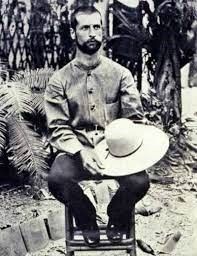 In 1902, Paul Doumer, the Governor General of French Indochina, charged him with creating the Hanoi School of Medicine. In 1904, the Indochina School of Medicine and Pharmacy (now Hanoi Medical University) was inaugurated. It is the first medical school in Indochina and Alexandre Yersin will be its first president. He designs the curriculum on the model of a French university. He plans hospitals in provinces and cities across Vietnam according to geographical distances so that “any sick person has the nearest place for treatment in time. appropriate”, but two years later, once everything had been put in place, he resigned to devote himself full-time to research and above all to the defense of the Annamese, despised and harshly exploited by the colonial regime.
In 1902, Paul Doumer, the Governor General of French Indochina, charged him with creating the Hanoi School of Medicine. In 1904, the Indochina School of Medicine and Pharmacy (now Hanoi Medical University) was inaugurated. It is the first medical school in Indochina and Alexandre Yersin will be its first president. He designs the curriculum on the model of a French university. He plans hospitals in provinces and cities across Vietnam according to geographical distances so that “any sick person has the nearest place for treatment in time. appropriate”, but two years later, once everything had been put in place, he resigned to devote himself full-time to research and above all to the defense of the Annamese, despised and harshly exploited by the colonial regime.
Two years pass, his laboratory takes the label of Institut Pasteur, second of the name in the world. In the following years, Yersin will open other research centers, one in Hanoi (1920) and another in Da Lat (1936).
ALexandre Yersin : French precursor of the One Health
To say the least, one of Dr. Yersin’s most inspiring qualities is his ability to work across multiple disciplines. What today we would call a transdisciplinary approach. A precursor to One Health , it mobilized people to work in various disciplines and it mobilized resources. In fact, all the things we do today, he was doing a century ago.
Ong Nam, affectionate nickname given by the Vietnamese meaning “Mister Five” (for his five stripes of military doctor), died in Nha Trang in 1943, during the Japanese occupation, at the age of 79. In accordance with his last wishes, he is buried in Suoi Dau , about twenty kilometers from Nha Trang . A few kilometers from his tomb, in a former dispensary that has now become a pagoda, an ancestral altar honors his memory.
On September 22, 2014, the 151st anniversary of his birth, Alexandre Yersin posthumously received “Vietnamese honorary citizenship”.
More information about Alexandre Yersin, French scientist, here > https://www.britannica.com/science/bacteriology


